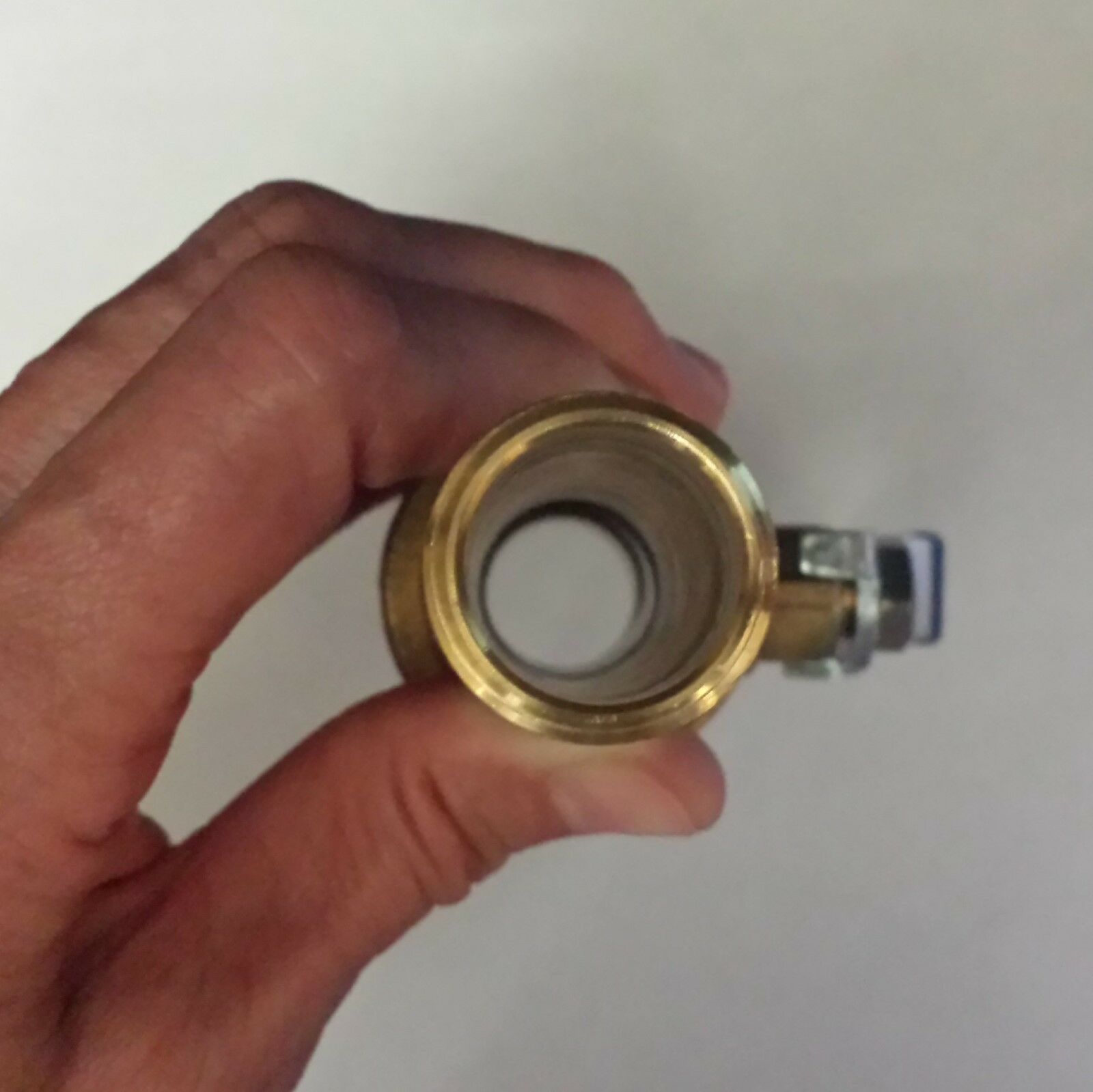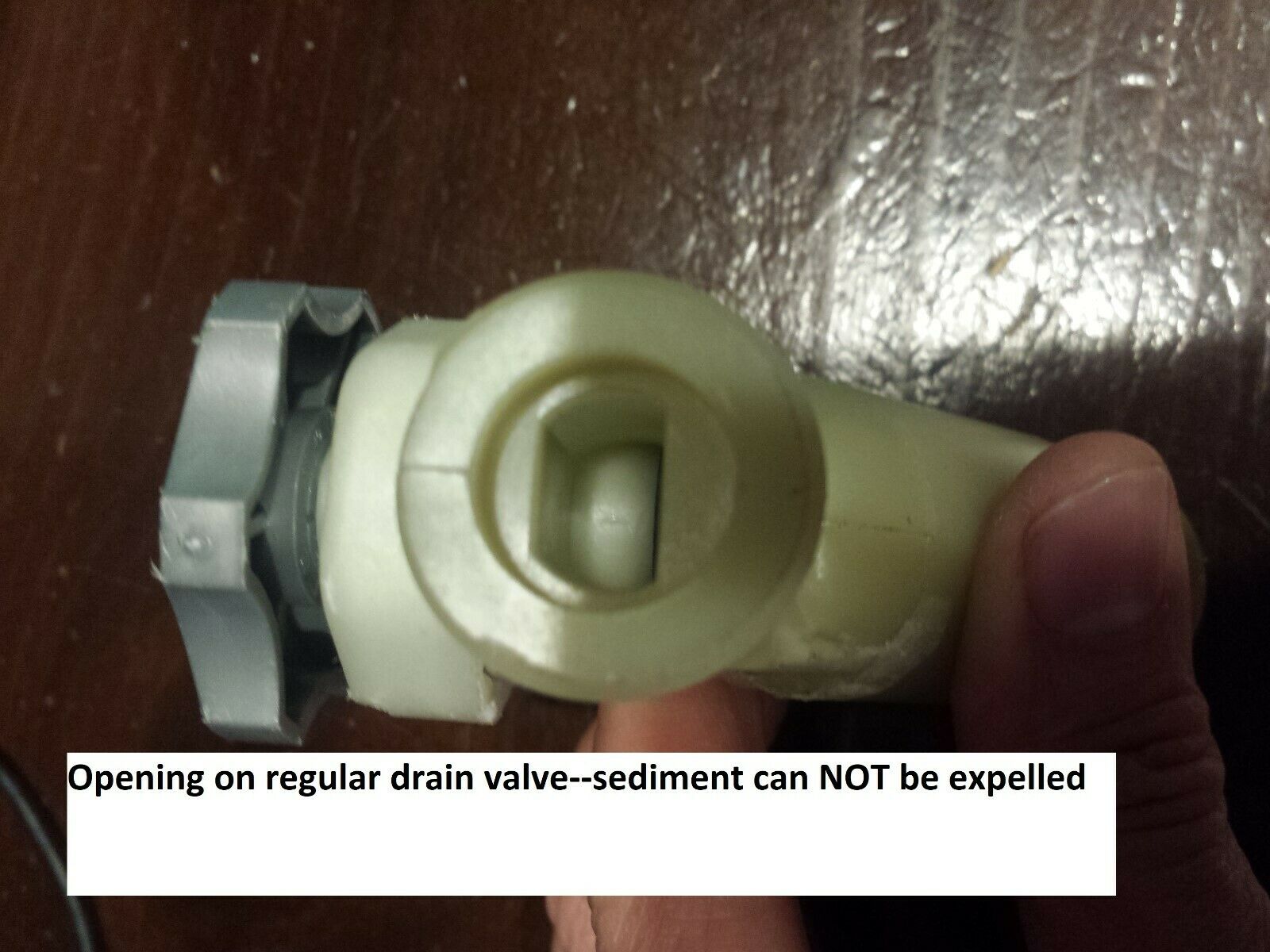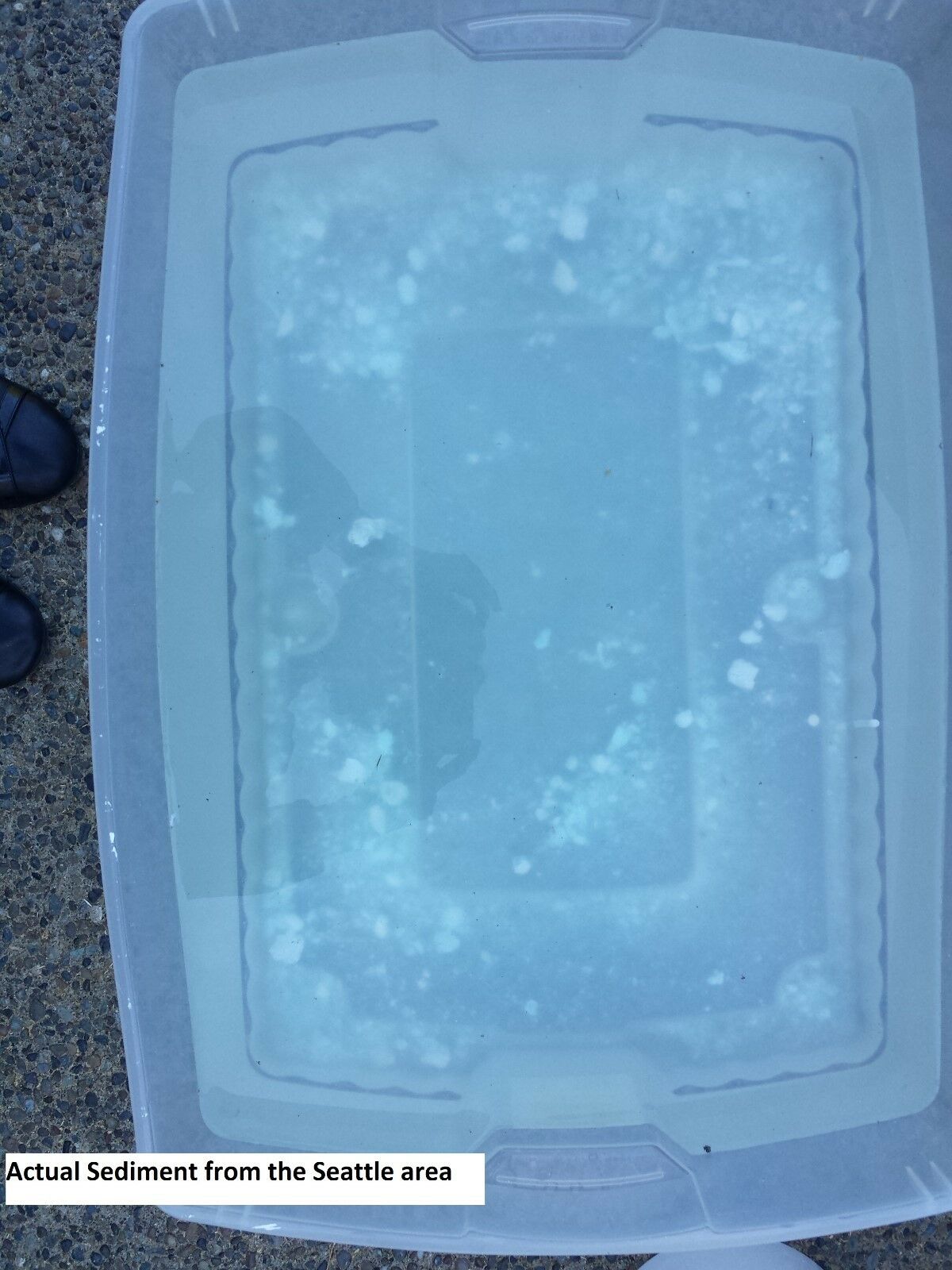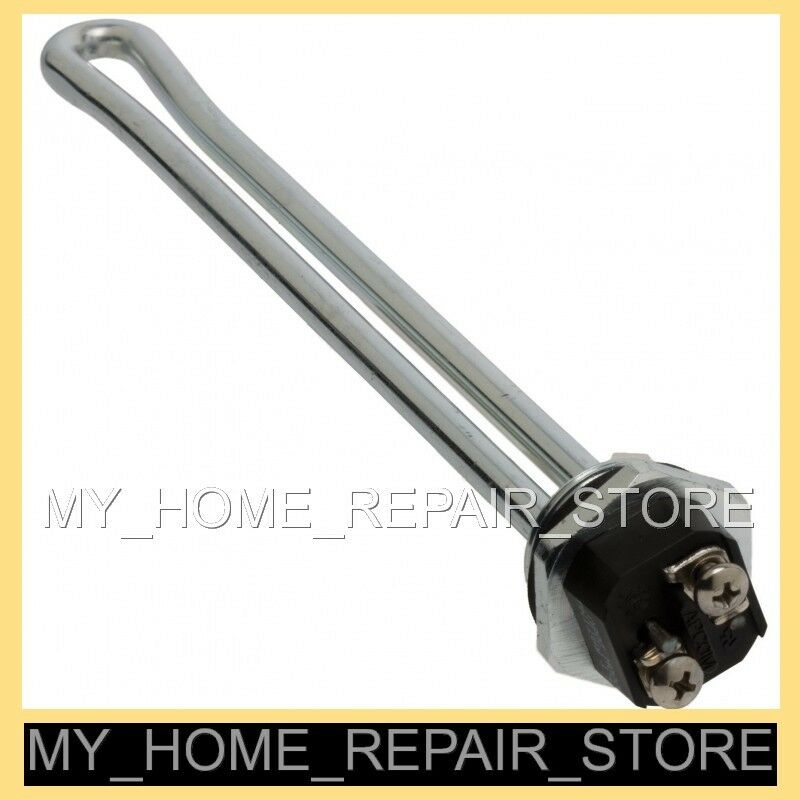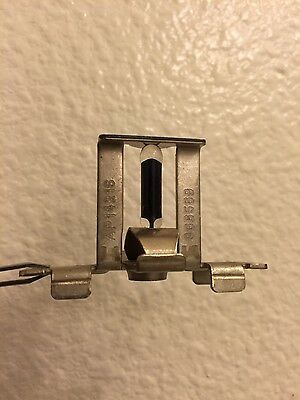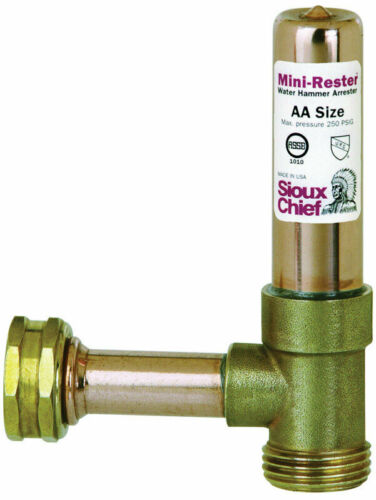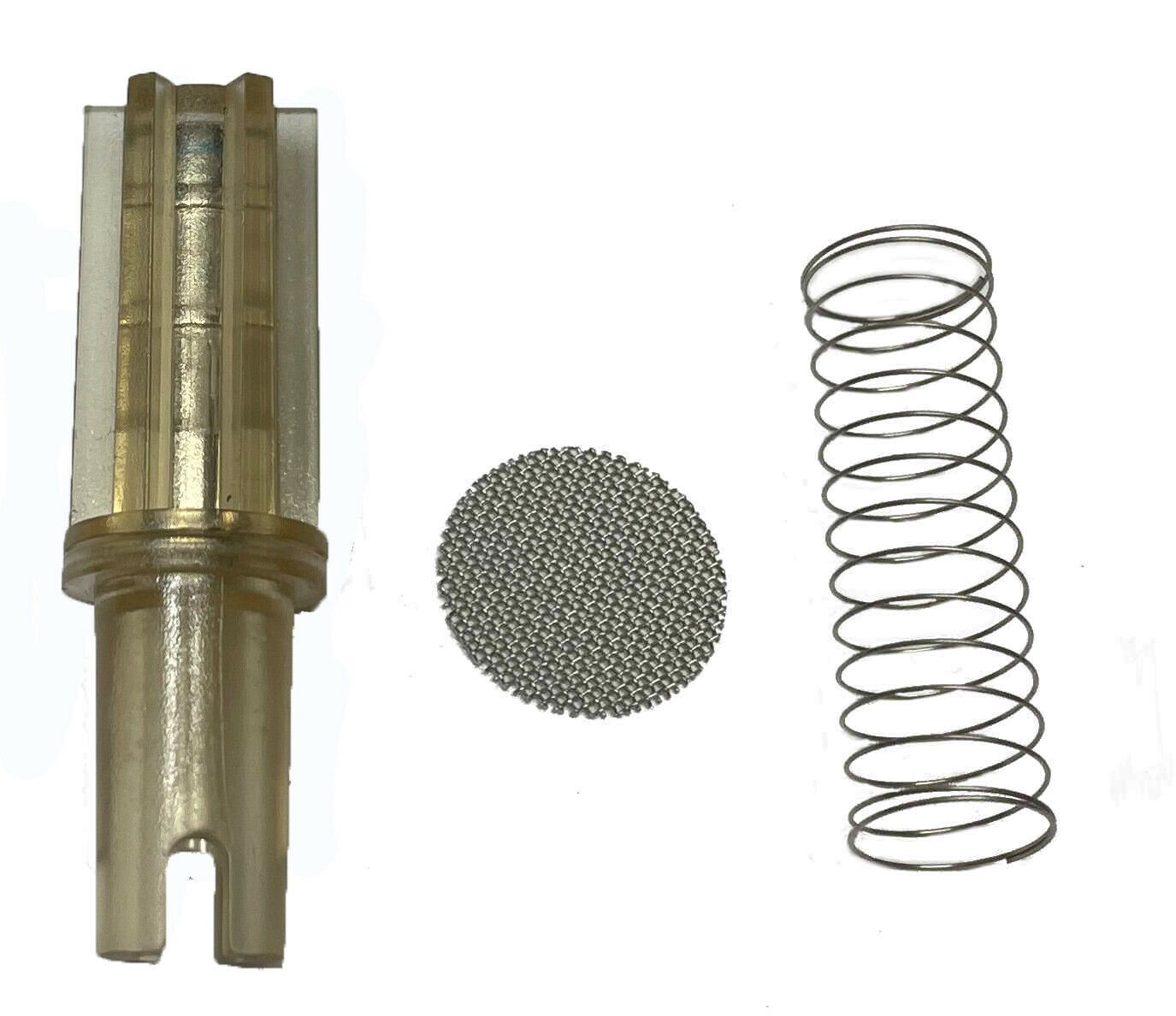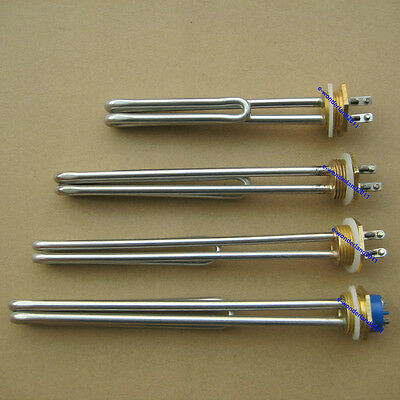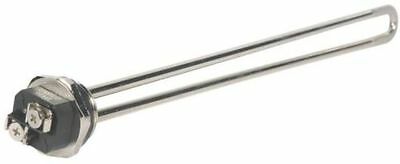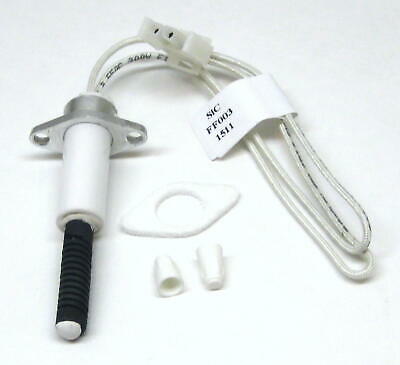-40%
COLD SHOWER???? Install Brass Water Heater Sediment Extractor
$ 12.11
- Description
- Size Guide
Description
MORE THAN YOU EVER WANTED TO KNOW ABOUT WATER HEATERS AND SEDIMENT:Heating water accounts for about 20 percent of the typical family's utility bill. As sediment builds up in water heaters, it takes more energy to heat the water. In fact, initial studies have shown that it can take as much as 31% longer to heat water in a tank with several inches of sediment build-up.
While several inches may sound overblown, it actually is quite typical. Many water districts inject lime into their water supply to reduce the effects of lead content in pipes, solder and flux installed prior to the Safe Drinking Water Act Amendments of 1986. This lime, coupled with minerals native to an area, is “cooked out” and accumulates in the water heater. Depending on local water conditions, some water heaters can collect up to one to two inches of sediment a month.
Most consumers have no knowledge of how to easily remove this sediment and improve their water heater’s energy efficiency. They are fearful for two reasons: water in their home and a power source. There is a simple, economical solution though.
Freedom Flow Sediment Flush Valve is a valve for water heaters that easily and effortlessly removes sediment. The drain valves presently installed on water heaters actually impede sediment removal with their small, often angled openings. Unlike Freedom Flow, they are designed to drain the tanks of water. Freedom Flow is designed and manufactured to get rid of sediment and reduce energy costs. The simple installation takes just minutes--the present drain valve is replaced exactly as another drain valve would be and the tank doesn't need to be drained completely to install or operate it. Consumers can now view this as a simple, energy-saving home maintenance item--like changing the filter in your furnace.
Additionally, once sediment is removed, the first-hour rating (the amount of hot water that a water heater can supply in one hour when the unit is new) is improved and the capacity of the tank is returned to its intended amount. Gas models are more efficient than electric models, but tend to be noisier when sediment builds up. The popping and banging occurs when water becomes trapped behind sediment and converts to steam when heated. Without sediment, the bothersome noise is eliminated.
Sediment is also detrimental to the life of a water heater. Over 9 million water heaters are manufactured in the
US
. Eighty percent, or 7.2 million, of those water heaters are for replacement of failed units and the majority of units fail due to sediment buildup. The rapid unnecessary replacement rate ultimately harms the environment.
When sediment deteriorates the lining, the water heater leaks and is shipped off to a landfill. If water heaters deposited in our landfills each year were laid end-to-end, they would extend from
New York
to
California
and back and then to
Miami
.
Extending the life preserves the space in landfills and reduces the chemicals and materials deposited there.
To replace a water heater is costly plus any additional modifications that must be made to comply with improved building codes. With monthly utility bills rising, many consumers are ill-prepared financially for the expense of a new unit and repairs from the usual resulting water damage. Using Freedom Flow can reduce monthly and long-range costs.
Water heater manufacturers have been reluctant to change their drain valves to this improved design--the volume of water heaters sold for replacement and cost were the two reasons cited.
One major manufacturer offers the valve for sale in its catalog for much more. Another major manufacturer puts the exact same valve on its top-of-the-line models. Other companies try to duplicate it with various parts put together--you don't know the quality of those parts and they could easily fail and leak.
Made of forged brass, the valve features virgin Teflon seats, three viton rings in the stem and is bottom-loaded to eliminate leakage.


